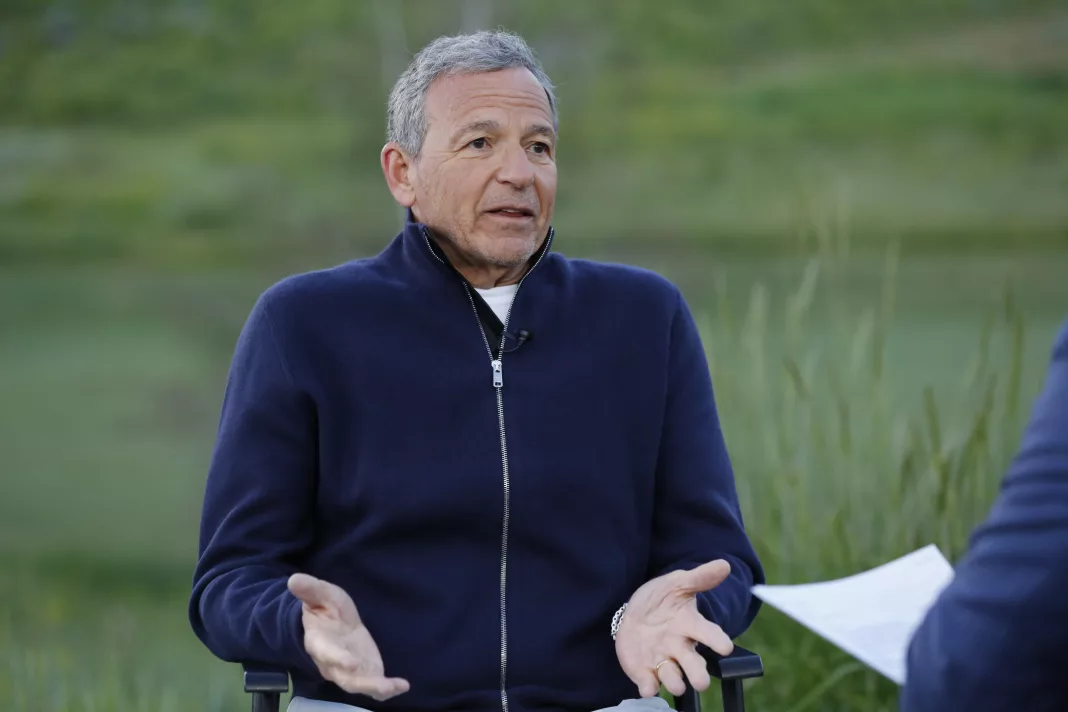The Significance of Trust Executors: A Tale of Family Discord
In the realm of family dynamics, conflicts can arise unexpectedly, leading to strained relationships and emotional turmoil. Such was the case for me and my sister, as we experienced a falling out two years before our stepfather’s untimely demise. This unfortunate event triggered a series of events that ultimately resulted in my sister manipulating our mother to appoint her as the executor of our stepfather’s trust. In this article, we delve into the significance of trust executors and the impact they can have on family relationships.
The Fallout
A rift between siblings can be a distressing experience, especially when it occurs during a vulnerable time for the family. In my case, the disagreement with my sister emerged prior to our stepfather’s passing, exacerbating an already delicate situation. The tension between us created a divide that would later have far-reaching consequences.
Manipulation and Control
As our stepfather’s health deteriorated, my sister saw an opportunity to assert control over the family’s affairs. She began manipulating our mother, exploiting her vulnerability and influencing her decision-making process. Through cunning tactics, she convinced our mother to appoint her as the executor of our stepfather’s trust, a role that holds significant power and responsibility.
Trust Executors and Their Role
Trust executors play a crucial role in managing the affairs of a deceased individual. They are entrusted with the responsibility of ensuring that the deceased’s wishes, as outlined in their trust, are carried out effectively. This includes managing assets, distributing inheritances, and making important financial decisions on behalf of the beneficiaries.
The Impact on Family Relationships
The appointment of my sister as the executor of our stepfather’s trust had a profound impact on our family relationships. The power she held over financial matters created a sense of unease and mistrust among the beneficiaries, including myself. The once-close bond between siblings was further strained, as suspicions and resentments grew amidst the backdrop of her newfound authority.
The Importance of Fairness and Neutrality
When selecting a trust executor, it is crucial to prioritize fairness and neutrality. The role demands an individual who can objectively carry out the deceased’s wishes without personal bias or ulterior motives. In situations where family discord exists, it becomes even more essential to choose someone who can navigate the complexities of family dynamics while upholding their fiduciary duties.
Conclusion
The story of my sister’s manipulation and subsequent appointment as the executor of our stepfather’s trust serves as a cautionary tale. It highlights the significance of trust executors and the potential impact they can have on family relationships. By prioritizing fairness, neutrality, and open communication, families can mitigate the risk of conflicts arising during vulnerable times, ensuring a smoother transition of assets and preserving familial bonds.


